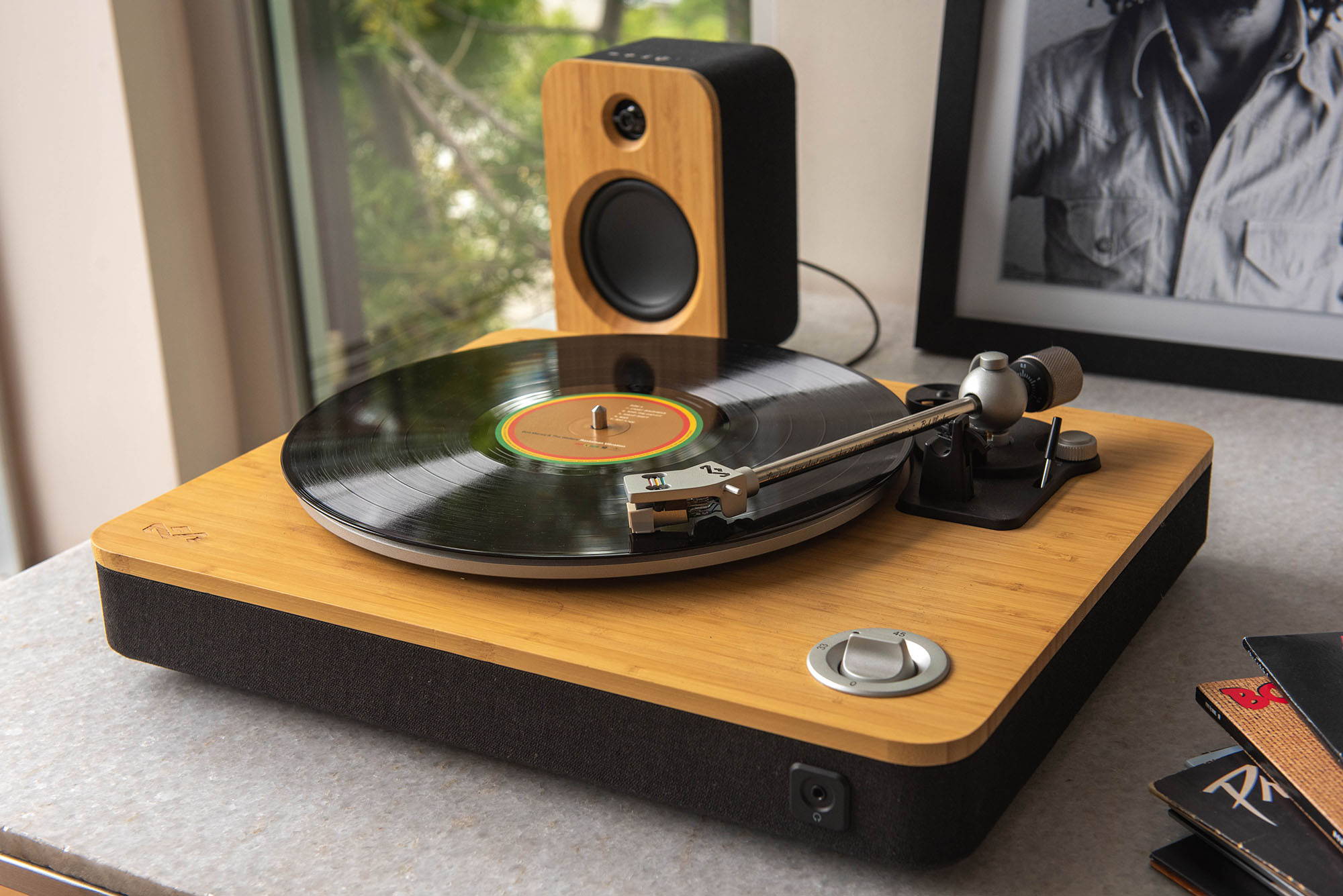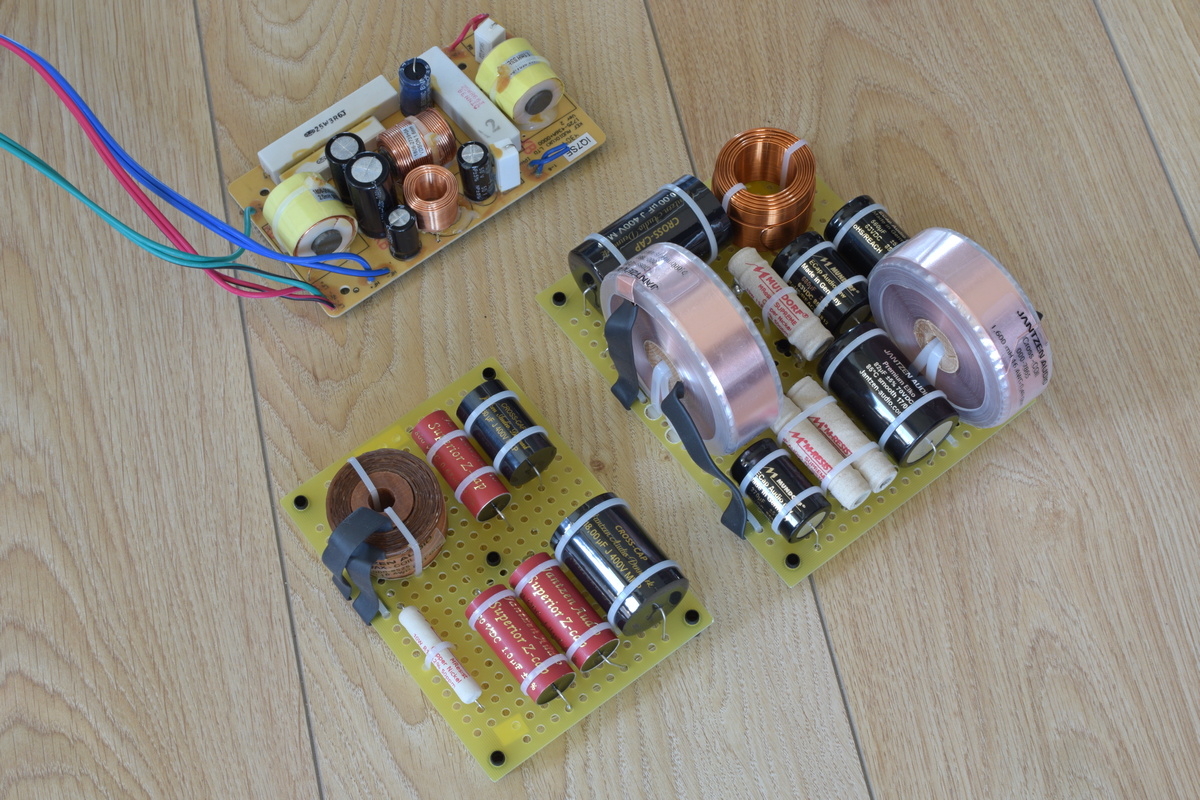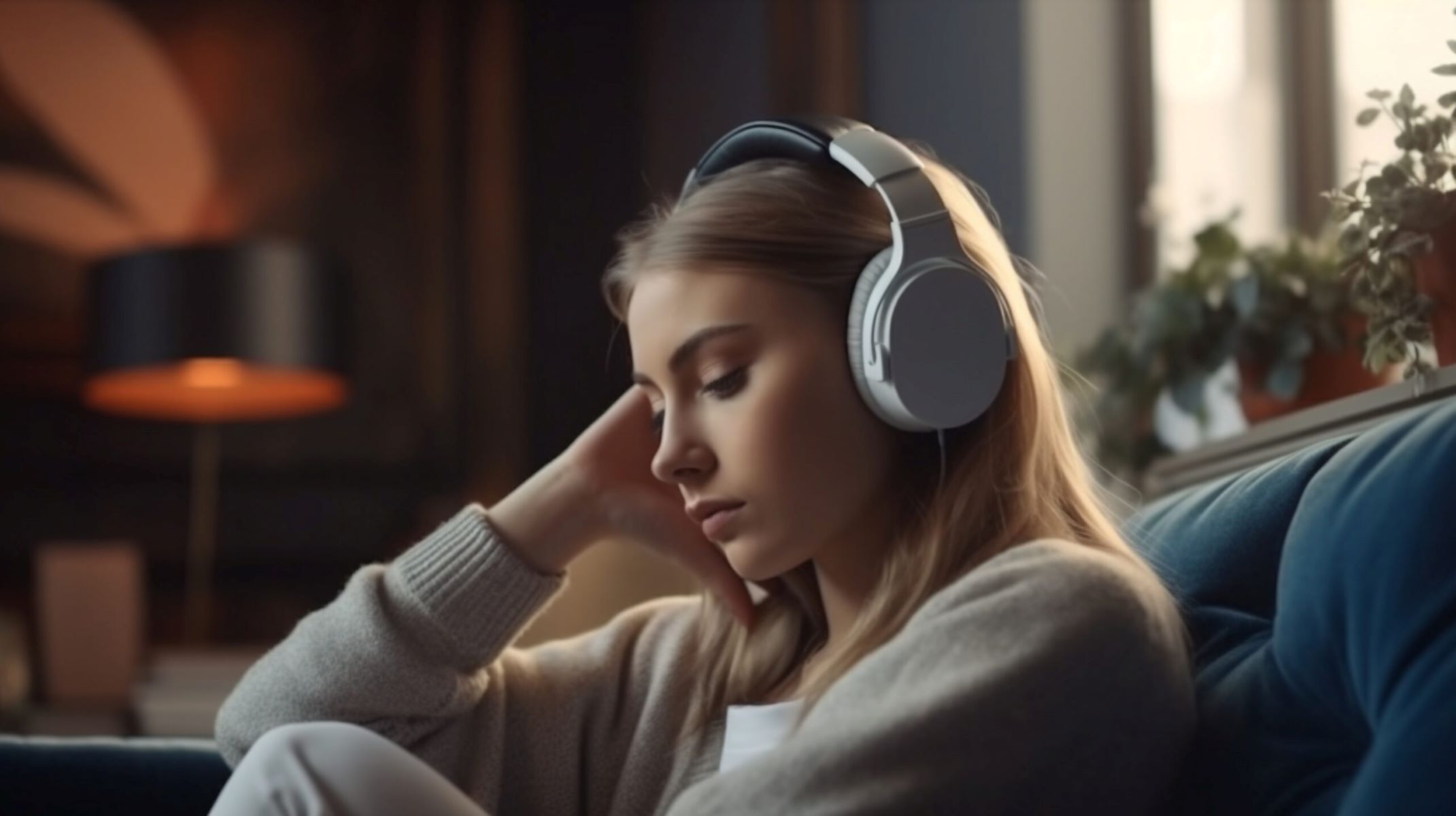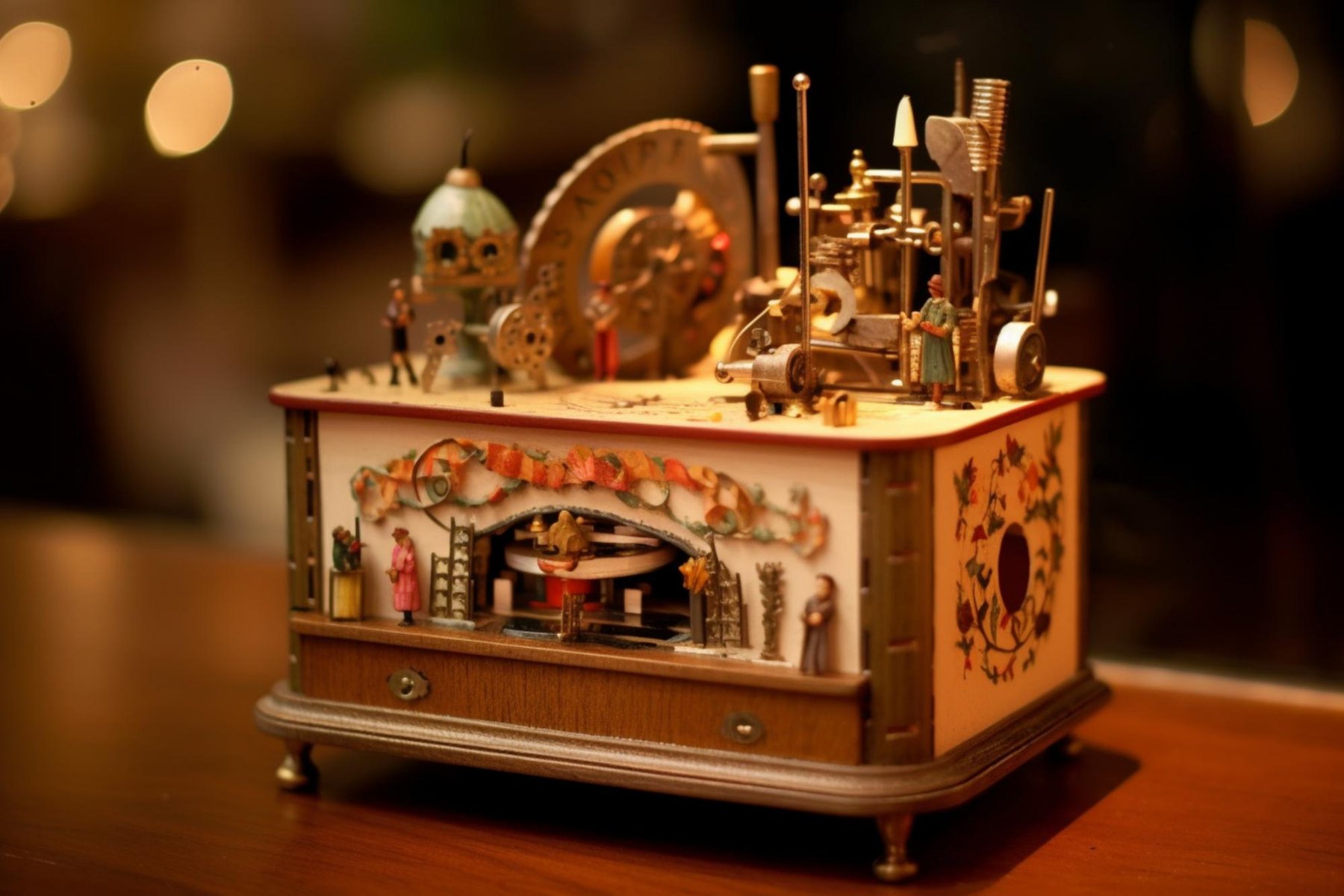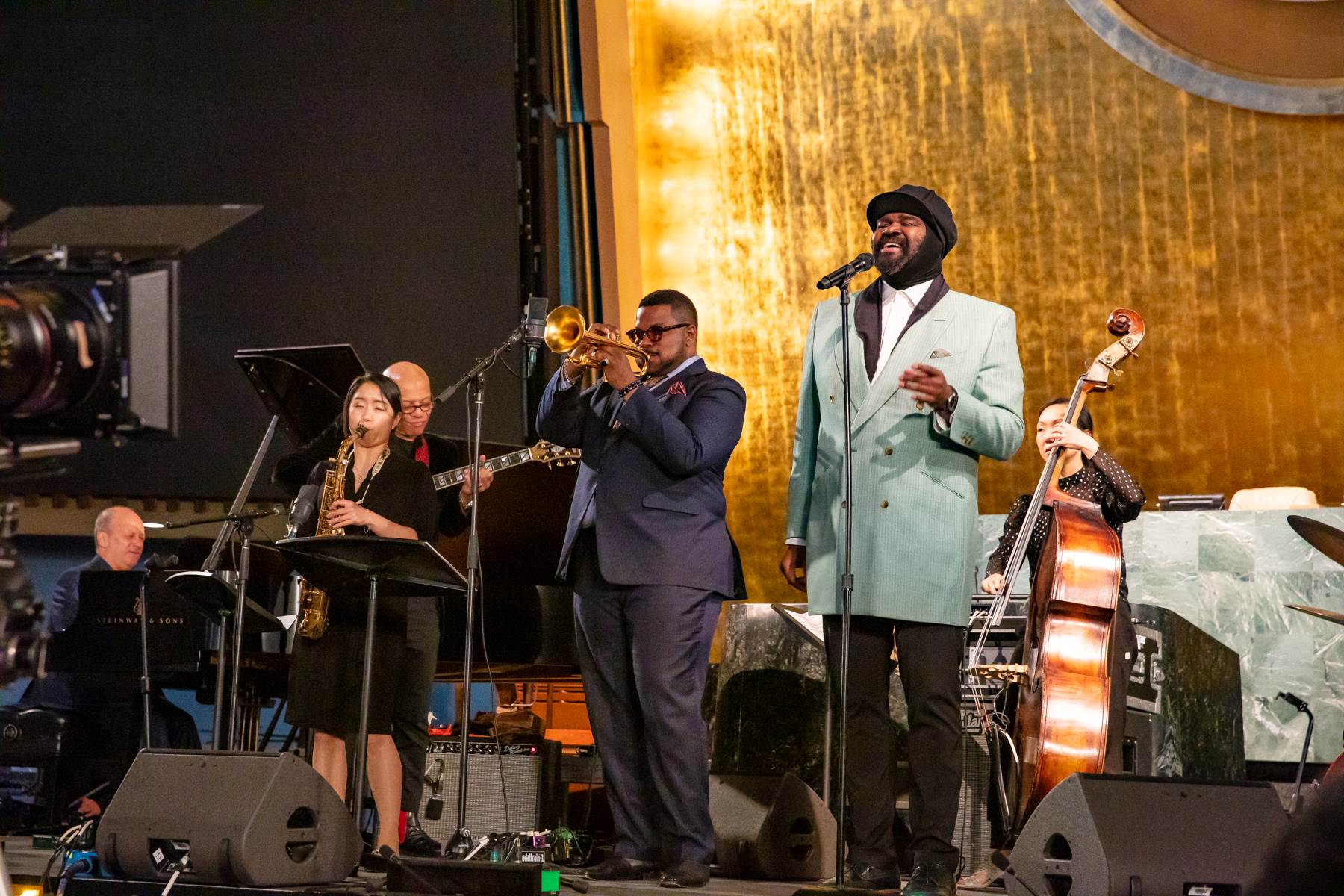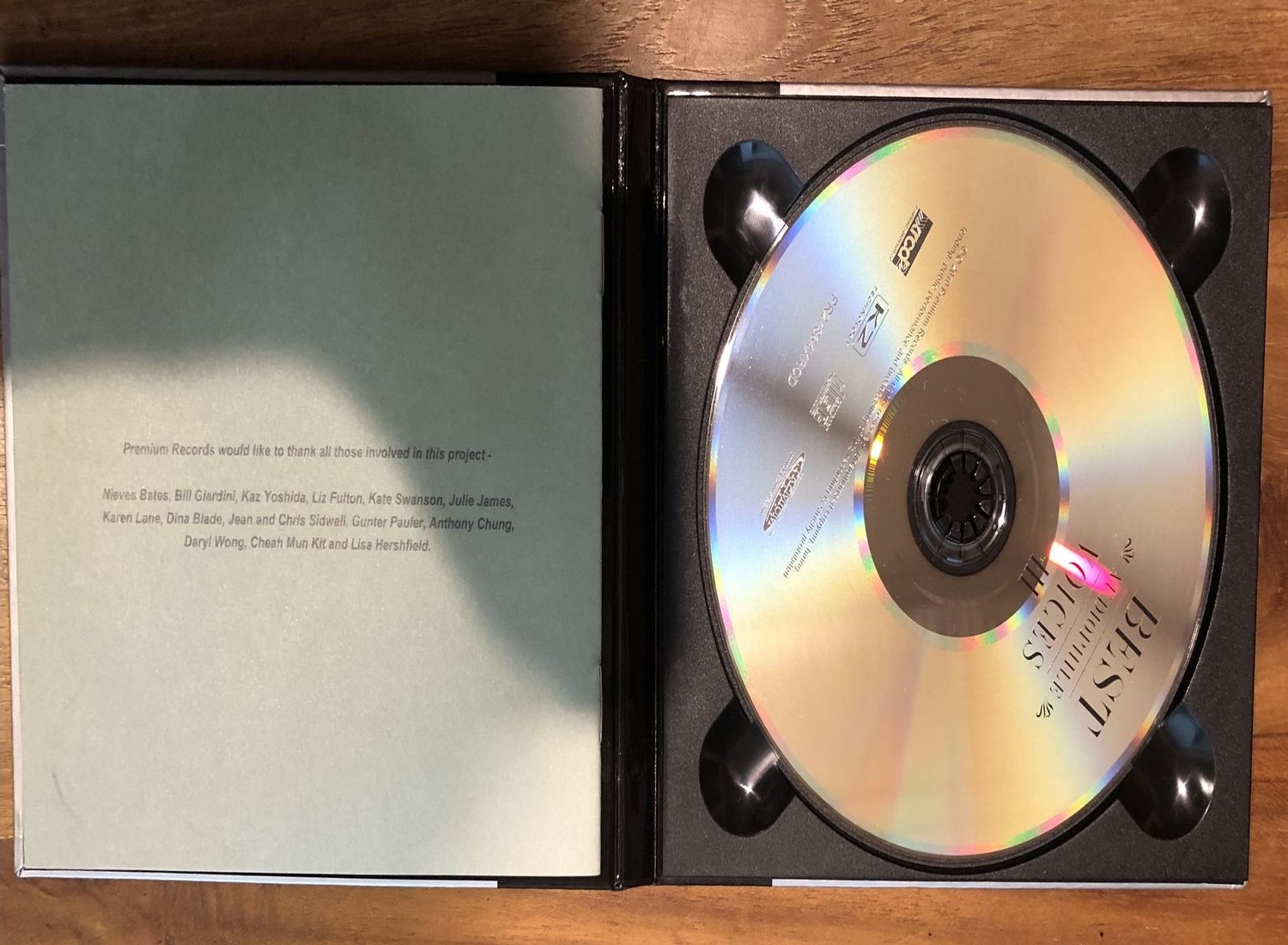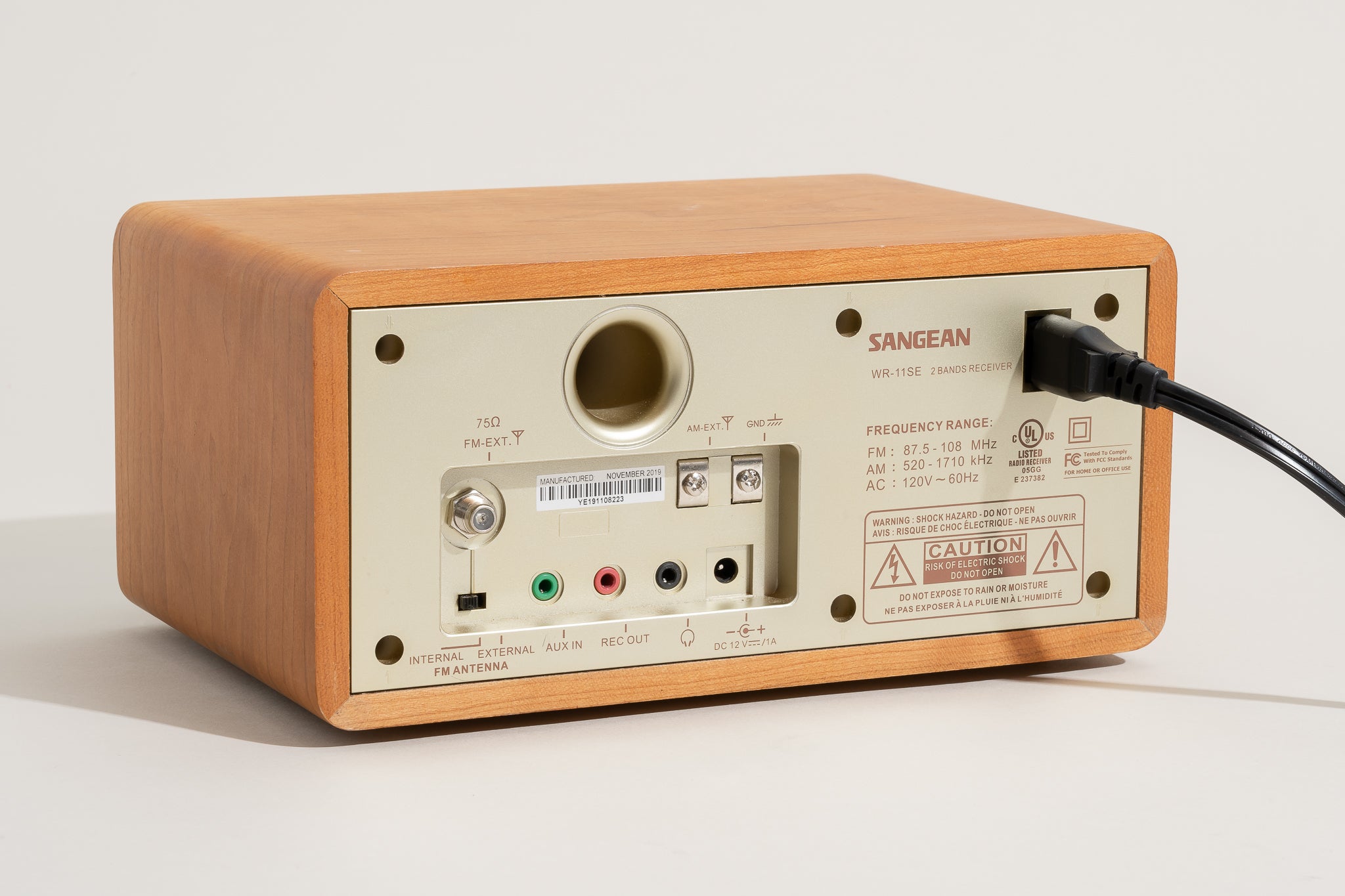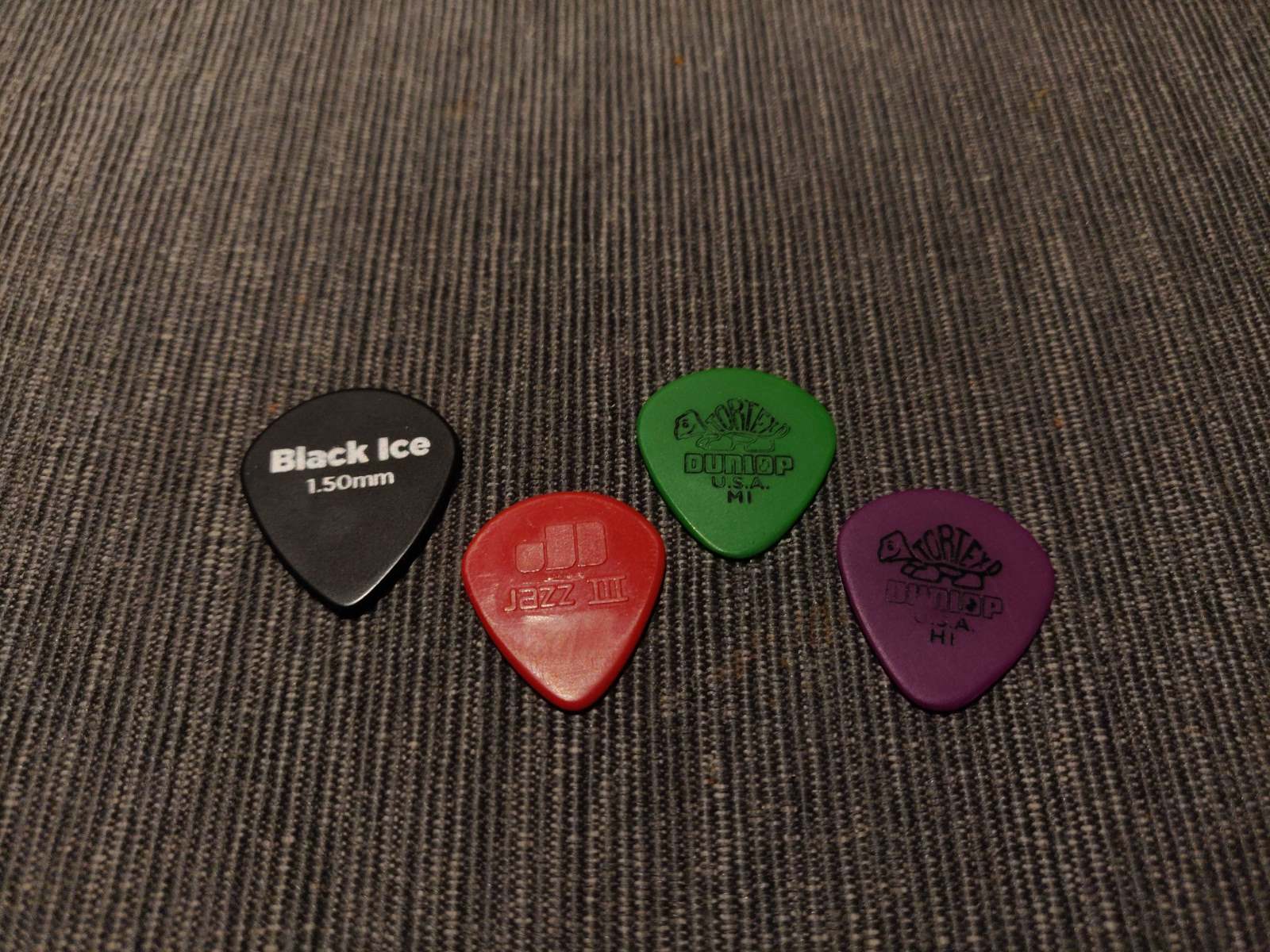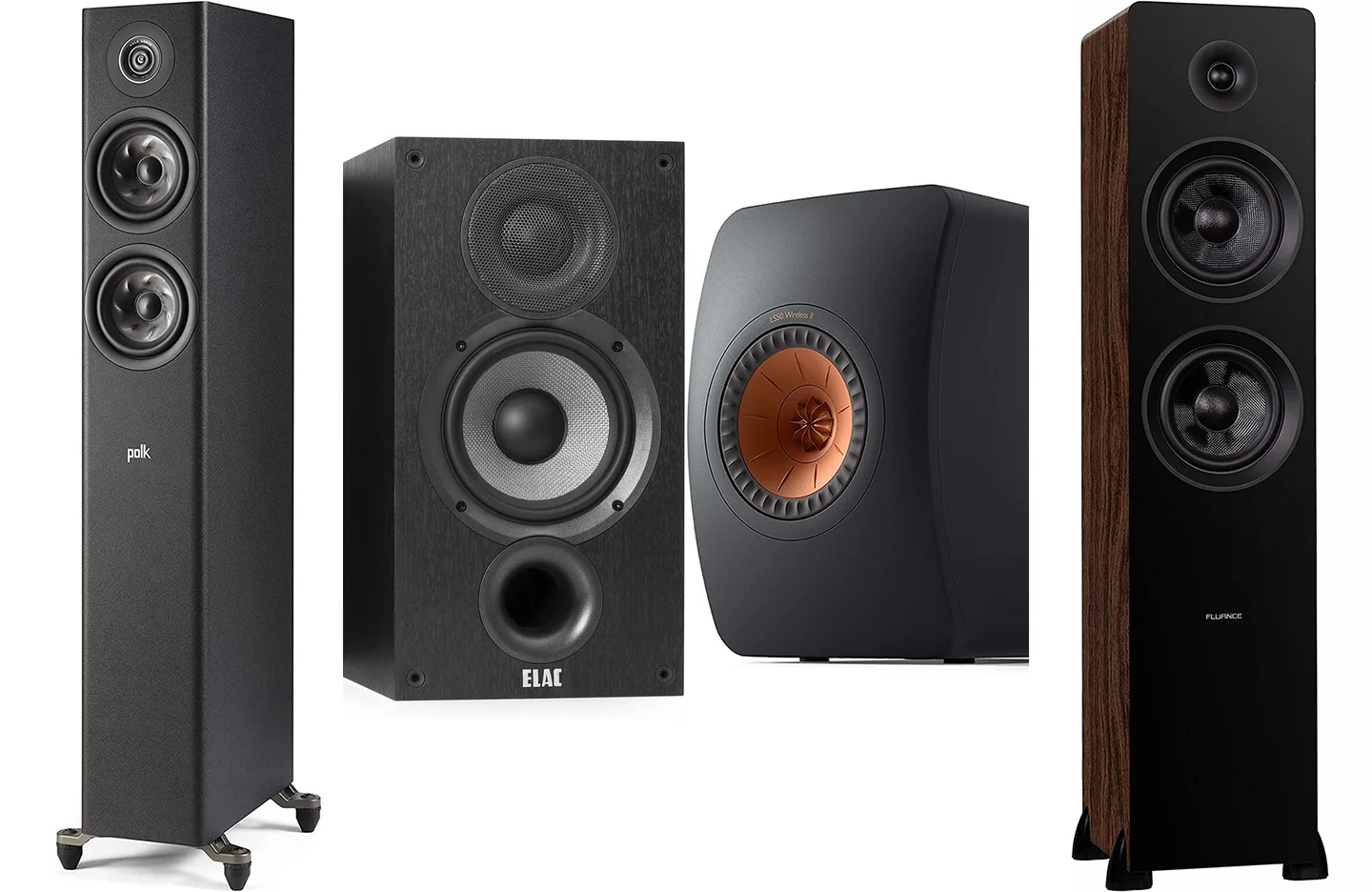Home>Production & Technology>Audiophile>Audiophile Why So Many Bluetooth Speakers
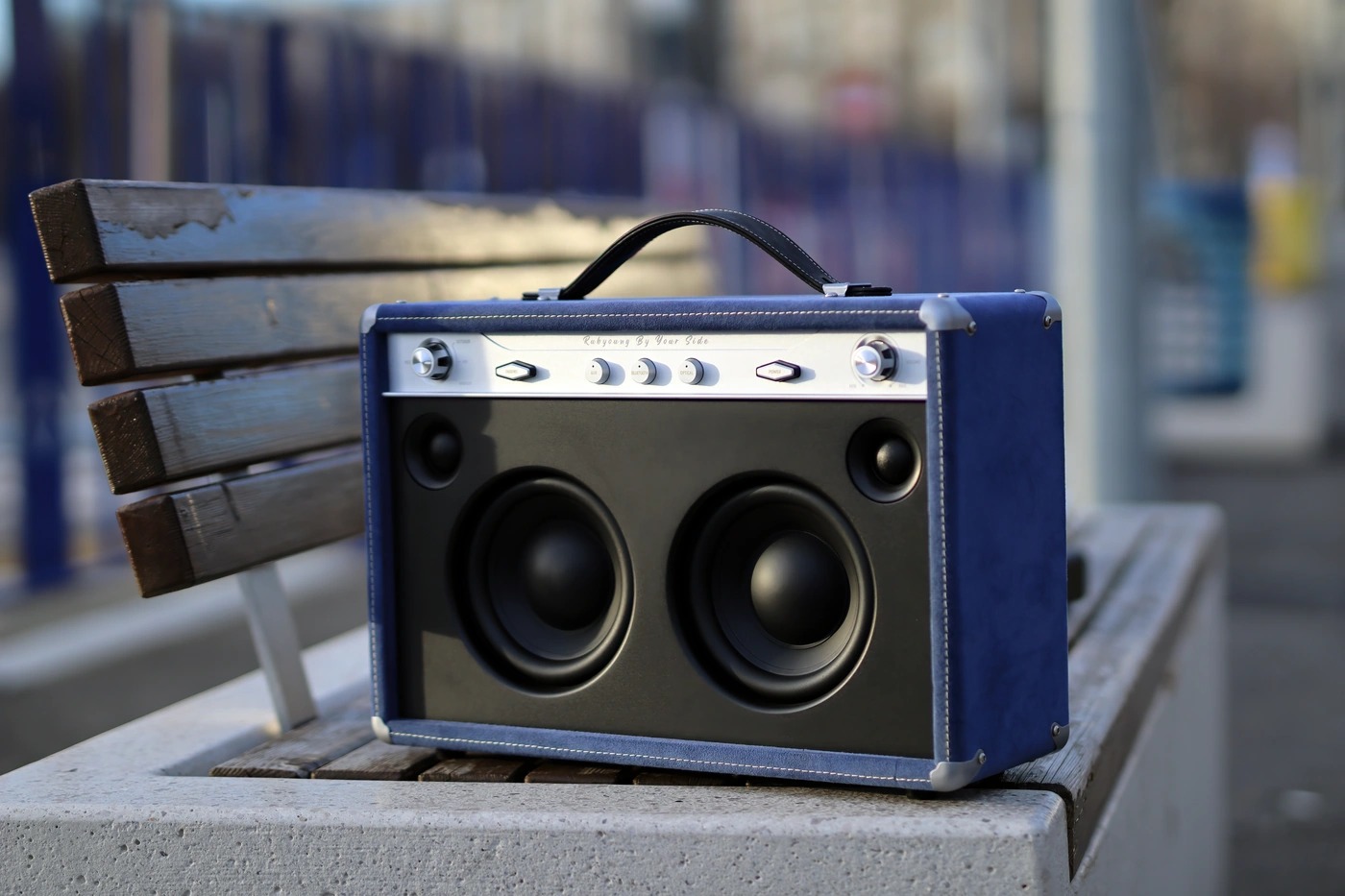

Audiophile
Audiophile Why So Many Bluetooth Speakers
Published: December 17, 2023
Discover why audiophiles are embracing Bluetooth speakers, and how these wireless devices are revolutionizing the way we listen to music.
(Many of the links in this article redirect to a specific reviewed product. Your purchase of these products through affiliate links helps to generate commission for AudioLover.com, at no extra cost. Learn more)
Table of Contents
- Introduction
- The Rise of Bluetooth Speakers
- Audiophile Concerns with Bluetooth Technology
- Factors Affecting the Sound Quality of Bluetooth Speakers
- Bluetooth Codecs and their Impact on Audio Performance
- Audiophile-Focused Bluetooth Speaker Brands
- Audiophile-Friendly Features in Bluetooth Speakers
- Tips for Finding High-Quality Bluetooth Speakers for Audiophiles
- Conclusion
Introduction
In the world of audio enthusiasts, the pursuit of high-quality sound is an unending passion. Audiophiles, individuals with a keen appreciation for the nuances of audio reproduction, are known to invest significant time and resources into building their ideal sound systems. However, with the advancement of technology, the rise of Bluetooth speakers has sparked both excitement and skepticism among audiophiles.
Bluetooth speakers have become increasingly popular due to their convenience, portability, and wireless connectivity. They offer the flexibility to stream music from various devices without the hassle of wires and cables. As a result, they have become a go-to choice for music lovers who crave a seamless listening experience.
However, for the discerning ears of audiophiles, there are concerns about the sound quality and fidelity of Bluetooth speakers. Traditional audiophile systems often comprise a combination of high-end components meticulously selected for their ability to reproduce audio with utmost accuracy and detail. Bluetooth technology, with its inherent limitations, may not meet the demanding standards of audiophiles.
In this article, we will delve into the world of Bluetooth speakers from an audiophile perspective. We will explore the factors that influence sound quality, the various Bluetooth codecs available, and highlight some audiophile-friendly brands that have embraced Bluetooth technology. If you are an audio enthusiast seeking to strike a balance between convenience and impeccable sound reproduction, this article is for you.
So, if you’re ready to embark on a journey into the realm of audiophile-grade Bluetooth speakers, let’s dive in and explore what these wireless wonders have to offer!
The Rise of Bluetooth Speakers
Bluetooth speakers have witnessed a meteoric rise in popularity over the past decade. The convenience of wireless connectivity, combined with advancements in Bluetooth technology, has led to the widespread adoption of these speakers in various settings.
One of the key factors contributing to their popularity is the portability they offer. Bluetooth speakers are compact, lightweight, and easily portable, making them the perfect companion for outdoor activities, picnics, and parties. They eliminate the need for cumbersome cables, allowing users to enjoy music on the go without any hassle.
Furthermore, the convenience of wireless connectivity cannot be overstated. With Bluetooth speakers, you can easily connect your smartphone, tablet, or laptop and stream your favorite music wirelessly. This freedom of movement allows users to control their audio from a distance and eliminates the need for physical connections.
Another factor that has contributed to the rise of Bluetooth speakers is their affordability. Compared to traditional audiophile-grade sound systems, Bluetooth speakers are generally more accessible to a wider range of consumers. This affordability, coupled with their convenience and portability, has made Bluetooth speakers a popular choice for casual listeners and music enthusiasts alike.
In recent years, Bluetooth speakers have also evolved in terms of design and aesthetics. Manufacturers have focused on creating sleek, stylish, and visually appealing speakers that blend seamlessly with modern home decor. This emphasis on aesthetics has attracted users who value both form and function in their audio equipment.
Additionally, advancements in battery technology have significantly improved the battery life of Bluetooth speakers. This means that users can enjoy extended playback time without the need for frequent recharging. The ability to use Bluetooth speakers for extended periods of time without sacrificing audio quality has been a major selling point for consumers.
Overall, the rise of Bluetooth speakers can be attributed to the combination of convenience, portability, affordability, and improved design. However, it is important to note that while Bluetooth speakers offer a range of benefits, there are certain considerations that audiophiles should keep in mind, particularly concerning sound quality and fidelity.
Audiophile Concerns with Bluetooth Technology
While Bluetooth speakers have gained widespread popularity, audiophiles have expressed concerns about the technology’s impact on sound quality. These concerns stem from the inherent limitations of Bluetooth and its potential compromises to audio fidelity.
One primary concern is the lossy compression used in Bluetooth audio transmission. Bluetooth employs various codecs, such as SBC (Subband Coding), AAC (Advanced Audio Coding), aptX, and LDAC, to compress audio signals and transmit them wirelessly. However, these codecs often sacrifice some level of audio quality in order to transmit audio data efficiently over the limited bandwidth of Bluetooth connections.
For audiophiles, who value the highest level of audio fidelity, any loss in audio quality is a significant compromise. The compression artifacts introduced by Bluetooth codecs can result in loss of detail, reduced dynamic range, and a less immersive listening experience.
Another concern is the limitations of Bluetooth range and signal quality. Bluetooth technology typically has a limited range, often ranging from 30 to 100 feet, depending on the specific version and environment. Additionally, obstacles such as walls and interference from other electronic devices can impact the quality of the Bluetooth signal, leading to potential dropouts and reduced audio performance.
Audiophiles also express concern about the potential for latency or audio delay. Bluetooth audio transmission inherently introduces a slight delay due to the process of compressing, transmitting, and decoding the audio data. While this delay may be negligible for casual listeners, it can be noticeable and potentially disruptive for audiophiles who require precise synchronization between audio and video content.
Furthermore, the limitations of Bluetooth technology can impact the overall soundstage and stereo imaging. Audiophiles value a realistic and immersive soundstage, with precise instrument separation and three-dimensional imaging. However, Bluetooth speakers, due to their compact form factor and design constraints, may not deliver the same level of spaciousness and imaging capabilities as larger, traditional speaker setups.
Despite these concerns, it is essential to note that Bluetooth technology has evolved over the years, and advancements in codecs, such as aptX HD and LDAC, have improved the audio performance of Bluetooth speakers. While these advancements aim to bridge the gap between wired and wireless audio quality, it is still important for audiophiles to carefully consider the specific Bluetooth codecs supported by their speakers and devices to ensure the best possible audio experience.
In the next section, we will explore the factors that can significantly affect the sound quality of Bluetooth speakers, helping audiophiles make informed decisions when choosing their audio equipment.
Factors Affecting the Sound Quality of Bluetooth Speakers
The sound quality of Bluetooth speakers can be influenced by several factors. While the technology has evolved to provide better audio performance, there are still considerations that audiophiles should keep in mind when evaluating Bluetooth speakers.
One crucial factor is the quality of the audio components used in the speakers. This includes the drivers, amplifiers, and overall build quality. High-quality drivers, whether they are dynamic drivers, balanced armature drivers, or planar magnetic drivers, can significantly impact the accuracy and clarity of the audio reproduction. Similarly, well-designed amplifiers can ensure efficient power delivery and optimal control over the drivers, resulting in a more precise and detailed sound output. Therefore, audiophiles should look for Bluetooth speakers that prioritize the use of high-quality components to ensure superior sound quality.
The Bluetooth version and codec supported by the speakers also play a significant role in determining sound quality. Newer Bluetooth versions, such as Bluetooth 5.0, offer improved transmission speed and stability. However, the codec used for audio compression is equally important. Codecs like aptX, AAC, and LDAC are known for their superior audio quality compared to the default SBC codec. Audiophiles should consider Bluetooth speakers that support high-quality codecs to ensure the best possible sound reproduction.
The size and design of Bluetooth speakers can impact sound quality as well. Generally, larger speakers can produce more extended bass response and fuller sound due to their larger drivers and enclosure volume. However, there are exceptions to this rule, with some compact speakers utilizing advanced engineering techniques to deliver impressive sound despite their small form factor. Ultimately, audiophiles should consider their preferences and the intended usage when choosing between compact and larger Bluetooth speakers.
The acoustics of the listening environment also affect the perceived sound quality. Hard and reflective surfaces can cause sound reflections and echoes, negatively impacting the audio experience. On the other hand, soft furnishings and sound-absorbing materials can help improve the overall sound quality by reducing unwanted reverberations. Consideration should be given to the acoustic treatment of the room or area where the Bluetooth speakers will be used to optimize the sound reproduction.
Additionally, the placement of Bluetooth speakers can influence the sound quality. Placing the speakers close to a wall or in a corner can enhance bass response due to the acoustic reinforcement effect. Conversely, keeping the speakers in a more open location can result in a more balanced soundstage. Experimenting with speaker placement can help audiophiles achieve the desired sonic characteristics.
Lastly, the audio source and file quality must be taken into account. Even the best Bluetooth speakers will not compensate for low-resolution audio files or poor audio mastering. Audiophiles should strive to use high-quality audio sources and ensure the files are properly encoded to make the most of their Bluetooth speakers’ capabilities.
By considering these various factors, audiophiles can make informed decisions when selecting Bluetooth speakers that offer impressive sound quality, closer to their audiophile expectations.
Bluetooth Codecs and their Impact on Audio Performance
The choice of Bluetooth codec can have a significant impact on the audio performance of Bluetooth speakers. Codecs are responsible for compressing and decompressing audio data during wireless transmission, and each codec has its own strengths and limitations.
The most basic and widely supported codec is SBC (Subband Coding). SBC is a universally compatible codec that ensures broad device compatibility but sacrifices some audio quality due to its relatively low data transfer rate. While SBC may be suitable for casual listeners, it may not meet the rigorous demands of audiophiles who seek the highest level of fidelity.
AptX is another popular codec that offers better audio quality compared to SBC. Developed by Qualcomm, aptX is designed to reduce audio latency and provide a more detailed sound experience. AptX delivers CD-like audio quality with its higher bitrate and improved data compression algorithms. AptX has evolved over the years, with newer versions like aptX HD offering even higher resolution audio, making it a preferred codec for audiophiles.
Apple users may be familiar with AAC (Advanced Audio Coding), as it is the default codec used for Bluetooth audio transmission in iOS devices. AAC provides superior audio quality compared to SBC but has limited compatibility with non-Apple devices. Audiophiles using Apple devices will benefit from the high-quality audio reproduction offered by AAC codec-supported Bluetooth speakers.
In recent years, new codecs such as LDAC and LHDC (Low Latency High-Definition Audio Codec) have entered the market, further enhancing the audio performance of Bluetooth speakers. Developed by Sony, LDAC supports high-resolution audio with up to three times the data transfer rate of standard Bluetooth codecs. LHDC, on the other hand, is a Chinese-developed codec that aims to deliver audiophile-grade sound quality over Bluetooth connections.
It’s worth noting that both LDAC and LHDC require compatible devices to fully unlock their capabilities. They offer improved audio quality for audiophiles who have access to high-resolution audio files and devices that support these codecs.
While these codecs provide higher audio quality compared to SBC, it is important to ensure that both the Bluetooth speaker and the audio source support the same codec for optimal performance. If the audio source does not support the chosen codec, the speaker will typically fall back to a compatible codec, potentially compromising the audio quality.
Ultimately, the choice of Bluetooth codec depends on the specific needs and preferences of audiophiles. Whether it’s the widespread compatibility of SBC, the high-quality audio of aptX and AAC, or the high-resolution capabilities of LDAC and LHDC, audiophiles can select Bluetooth speakers that offer the preferred codec to elevate their audio experience.
Audiophile-Focused Bluetooth Speaker Brands
While Bluetooth speakers may not traditionally be associated with audiophile-grade sound, several brands have made significant strides in catering to the discerning ears of audiophiles. These companies understand the importance of sound quality and have developed Bluetooth speakers that aim to reproduce audio with utmost accuracy and detail.
Bose, a renowned name in the audio industry, offers a range of Bluetooth speakers that cater to audiophiles. Their speakers incorporate advanced technologies such as DSP (Digital Signal Processing) and custom-designed drivers to deliver clear and balanced sound. Bose speakers are known for their precise sound reproduction and attention to detail, making them a popular choice among audiophiles seeking Bluetooth convenience.
Sonos, known for their wireless multi-room audio systems, also offers Bluetooth-enabled speakers that provide excellent audio quality. Their speakers focus on delivering a rich and immersive soundstage, with precise imaging and deep bass reproduction. Sonos speakers also offer seamless integration with popular streaming services, making them a versatile choice for audiophile enthusiasts.
Bowers & Wilkins, a renowned British audio company, has created a niche in the Bluetooth speaker market with their high-fidelity offerings. Their Bluetooth speakers feature premium components, such as specially designed drivers and advanced signal processing algorithms, to deliver audiophile-grade sound. Bowers & Wilkins speakers are known for their exceptional clarity, detailed mid-range, and well-controlled bass response.
Another brand that deserves recognition is Audioengine. They specialize in producing powered Bluetooth speakers that prioritize audio quality and versatility. Audioengine speakers boast impressive sound reproduction, with a focus on delivering accurate and neutral audio. Their attention to detail extends to the use of high-quality components, ensuring clean amplification and minimal distortion.
Klipsch, a long-standing name in the audio industry, offers a range of Bluetooth speakers designed with audiophiles in mind. Their speakers feature the iconic Klipsch sound signature, characterized by dynamic and lively sound reproduction. Klipsch speakers utilize advanced driver technology and precise engineering to deliver a high level of audio fidelity.
These are just a few examples of brands that have recognized the demand for audiophile-focused Bluetooth speakers. While the market is vast and continuously evolving, it is encouraging to see more companies placing an emphasis on sound quality and catering to the needs of discerning listeners.
When considering Bluetooth speakers for audiophile use, it is advisable to explore these reputable brands and carefully research the specifications, features, and reviews to find the best match for individual preferences and requirements.
Audiophile-Friendly Features in Bluetooth Speakers
Bluetooth speakers designed with audiophiles in mind often incorporate specific features that enhance the overall listening experience and aim to deliver high-quality sound. These features cater to the discerning ears of audiophiles and prioritize audio fidelity and performance.
One crucial feature is the presence of high-quality audio codecs such as aptX, AAC, or LDAC. These codecs ensure minimal loss in audio quality during wireless transmission, allowing audiophiles to enjoy a more accurate and detailed sound reproduction. By supporting these codecs, Bluetooth speakers can deliver higher quality audio closer to that of wired connections.
Another important aspect is the presence of advanced signal processing algorithms. DSP (Digital Signal Processing) technology is often employed to fine-tune audio signals and optimize the sound performance of Bluetooth speakers. These algorithms help to compensate for any inherent limitations in the speaker’s design or wireless transmission, resulting in improved sound quality and balanced audio reproduction.
Bluetooth speakers for audiophiles also tend to offer a broader frequency response range. The ability to reproduce both the low and high frequencies accurately ensures a more comprehensive and well-rounded sound experience. High-quality drivers and well-designed enclosures are employed to achieve an extended bass response, detailed mid-range, and crisp high frequencies, delivering a more immersive listening experience.
To further enhance the audio quality, some Bluetooth speakers offer the option for wired connectivity. This means that audiophiles can connect their speakers directly to audio sources via a wired connection, such as an auxiliary input or a digital audio input. This allows for uncompressed audio transmission, bypassing the potential limitations of Bluetooth wireless transmission for those who prefer a wired audio connection.
Another feature that can benefit audiophiles is the provision of multiple audio inputs. This allows users to connect various devices including smartphones, tablets, computers, or even turntables, granting greater flexibility in audio source options. Multiple inputs provide the opportunity to enjoy different audio sources with high-quality sound reproduction.
A reliable and stable wireless connection is also vital for audiophile-focused Bluetooth speakers. Some speakers utilize advanced Bluetooth technologies, such as Bluetooth 5.0, for improved connectivity and reduced interference. These enhanced wireless connections ensure uninterrupted and seamless audio playback, allowing audiophiles to fully immerse themselves in their music without disruptions.
The design and construction of the Bluetooth speakers are additional considerations. Audiophile-focused speakers often have sturdy and acoustically optimized enclosures to minimize resonances and vibrations that can affect sound quality. This attention to detail ensures that the speakers maintain their audio integrity, allowing for clear and accurate sound reproduction.
Ultimately, the presence of these audiophile-friendly features in Bluetooth speakers helps to bridge the gap between the convenience of wireless technology and the pursuit of high-quality sound. With the right combination of features, audiophiles can enjoy a more immersive and satisfying listening experience without compromising on sound fidelity.
Tips for Finding High-Quality Bluetooth Speakers for Audiophiles
When searching for high-quality Bluetooth speakers that meet the expectations of audiophiles, it is essential to consider several factors. These tips will help you make an informed decision and find a Bluetooth speaker that delivers exceptional sound quality and performance.
- Look for Bluetooth speakers that support high-quality audio codecs, such as aptX, AAC, or LDAC. These codecs ensure the preservation of audio details and minimize the loss in sound quality during wireless transmission.
- Consider the size and design of the speaker. While larger speakers may offer better bass response and soundstage, compact speakers with advanced engineering techniques can still deliver impressive audio performance. Choose a size that suits your listening environment and personal preferences.
- Research the speaker’s audio components, including the drivers and amplifiers. High-quality drivers and well-designed amplifiers play a crucial role in accurate sound reproduction. Look for Bluetooth speakers that prioritize the use of premium components to ensure superior audio quality.
- Check for the presence of advanced signal processing algorithms, such as DSP (Digital Signal Processing), which can optimize sound performance and compensate for any limitations in the speaker’s design.
- Consider the frequency response range of the speaker. Look for Bluetooth speakers that offer a wide range of frequencies, allowing for better reproduction of low and high frequencies, resulting in a more comprehensive and balanced sound experience.
- Evaluate the speaker’s connectivity options. Look for speakers that provide multiple audio inputs, allowing you to connect various devices. Additionally, consider if the speaker offers the option for wired connectivity, which can provide a more reliable and uncompressed audio transmission.
- Read reviews and check customer feedback to gauge the sound quality and reliability of the Bluetooth speaker. Look for testimonials from audiophiles who have tested and evaluated the speaker, providing insights into their experience and overall satisfaction.
- Consider the brand reputation and their focus on audio quality. Research brands that are known for producing high-quality audio equipment and have a strong track record in delivering exceptional sound performance.
- Set a budget and compare features and specifications within your price range. While more expensive speakers may offer additional features or premium components, there are also affordable options that deliver impressive audio quality. Keep in mind that higher price does not always guarantee better sound, so choose wisely according to your needs and budget.
- Finally, audition the speaker if possible. Listening to the speaker yourself is crucial to determine if it meets your personal preferences and fulfills your audiophile expectations. Stores or audio exhibitions that allow hands-on testing can provide valuable insights into the sound quality and overall performance of the Bluetooth speaker.
By considering these tips and carefully researching your options, you can find Bluetooth speakers that are well-suited for audiophiles, offering exceptional sound quality, performance, and an immersive audio experience.
Conclusion
The rise of Bluetooth speakers has brought convenience, portability, and wireless connectivity to the world of audio enthusiasts. While traditional audiophile-grade systems have long been revered for their meticulous sound reproduction, Bluetooth speakers have evolved to bridge the gap between convenience and high-quality audio.
Throughout this article, we have explored the concerns and considerations of audiophiles when it comes to Bluetooth speakers. We’ve seen that while there may be inherent limitations in Bluetooth technology, manufacturers have taken steps to address these concerns and cater to the discerning ears of audiophiles.
By understanding the factors that affect sound quality, such as audio codecs, driver quality, and speaker design, audiophiles can make educated choices when selecting Bluetooth speakers. They can prioritize features like support for high-quality codecs, advanced signal processing algorithms, and good connectivity options to ensure the best audio experience.
Furthermore, we’ve identified several brands that have focused on creating Bluetooth speakers with audiophiles in mind. Companies like Bose, Sonos, Bowers & Wilkins, Audioengine, and Klipsch have earned reputations for delivering high-quality audio performance in their Bluetooth speaker offerings.
Lastly, we provided tips to guide audiophiles in finding high-quality Bluetooth speakers that satisfy their sonic preferences. Considering factors like audio codecs, size and design, audio components, connectivity options, and user reviews can help ensure a satisfying and immersive listening experience.
In conclusion, while Bluetooth technology may not provide the same level of audio fidelity as wired systems, the advancements in Bluetooth codecs, speaker design, and audio engineering have allowed for the creation of Bluetooth speakers that cater to the needs of audiophiles. With the right selection, audiophiles can enjoy the convenience and portability of Bluetooth speakers without sacrificing their desire for high-quality sound reproduction.
So, whether you’re picnicking outdoors, relaxing at home, or on the go, there are Bluetooth speakers available that can deliver impressive sound quality, allowing you to indulge in your passion for exceptional audio.

